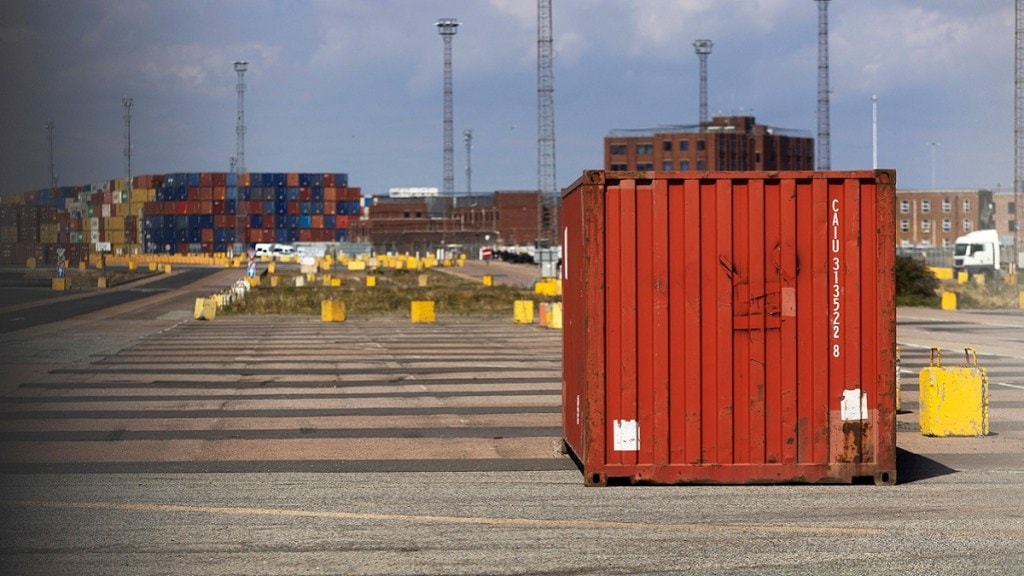– By Ashish Agarwal
There has been a significant improvement in companies’ initiatives around sustainable practices and the government’s push toward the concept in the past few years. Business decision-makers have realized the importance of sustainability in their operations to reduce the enterprises’ carbon footprints. Recently, around 20 per cent of India Inc. included a sustainability report as part of their annual reporting processes, which is a step in the right direction. Companies have consciously included renewable energy in operations and logistics, and the central government is also committed to shifting logistics and supply chains to 100 per cent green and renewable energy resources. There are different reasons why the public and private sectors have emphasized embracing sustainable logistics in the business environment.
Sustainability in logistics will make a critical step in achieving net-zero carbon impact
At a time when small as well as large companies are finding ways to reduce their overall emissions by shifting to alternative fuels, it is critical to acknowledge that transportation is one of the significant contributors to the total pollution in the country. As per a report, it contributes to more than 11 per cent of total air pollution in the nation. Another study has evaluated that the contribution could be much more than this number.
Hence, irrespective of the nature and size of a business, it is critical to notice that contribution to pollution levels and carbon emissions can be controlled only with sustainable practices. A proactive approach from large enterprises having their supply chain management system shall be a welcome step in addressing this issue.
Renewable fuels are safer and effective
Compared to fossil-based fuels, green energy sources have proven to be quite safe in factories and workplaces globally. For any organization that looks forward to reducing accidents at manufacturing premises (such as explosions and spillovers), replacing fossil fuels (wherever possible) with renewable sources can be a great beginning. As per a report, the chances of workplace accidents can reduce dramatically with the arrival of green energy.
Cost-effectiveness of sustainable fuels in the long-term
As per a Deloitte report, introducing sustainable fuels in logistics can be financially rewarding for the companies as, in the long run, the total costs of operations shall be considerably reduced. This is because renewable energies are up to 30 per cent cheaper than fossil fuels. Enterprises can save money if the entire logistics and supply chain process is based on green energy. When it comes to the higher initial investments in sustainable vehicles, the companies can adjust them with the cost savings on fuel.
Companies and government must collaborate to tackle climate change
India had recently committed to achieving net zero emissions by 2070. The role of companies in helping the country shift to a gas-based economy will be to address the concerned areas. In this context, companies must prioritize technological innovation and introducing green energy. Some big players have already started to work closely to attain this goal by deciding and announcing their net-zero emission targets. Transparency and commitment to environmental goals shall be the key for companies in achieving this goal, and introducing green fuel to logistics shall be a critical step.
Summing up
The time for discussing the validity of climate change and global warming is over. It is the time for action, and companies in different industries have devised innovative and effective methods to ensure that emissions can be controlled. One of the most critical and effective ways of addressing this issue shall be to completely transform logistics and supply chain management processes by embracing green fuels. This would not only control the pollution levels but will also have other business-related benefits for companies and their partners in the long run.
(Ashish Agarwal is the CEO and Director at Seros Logistics)

